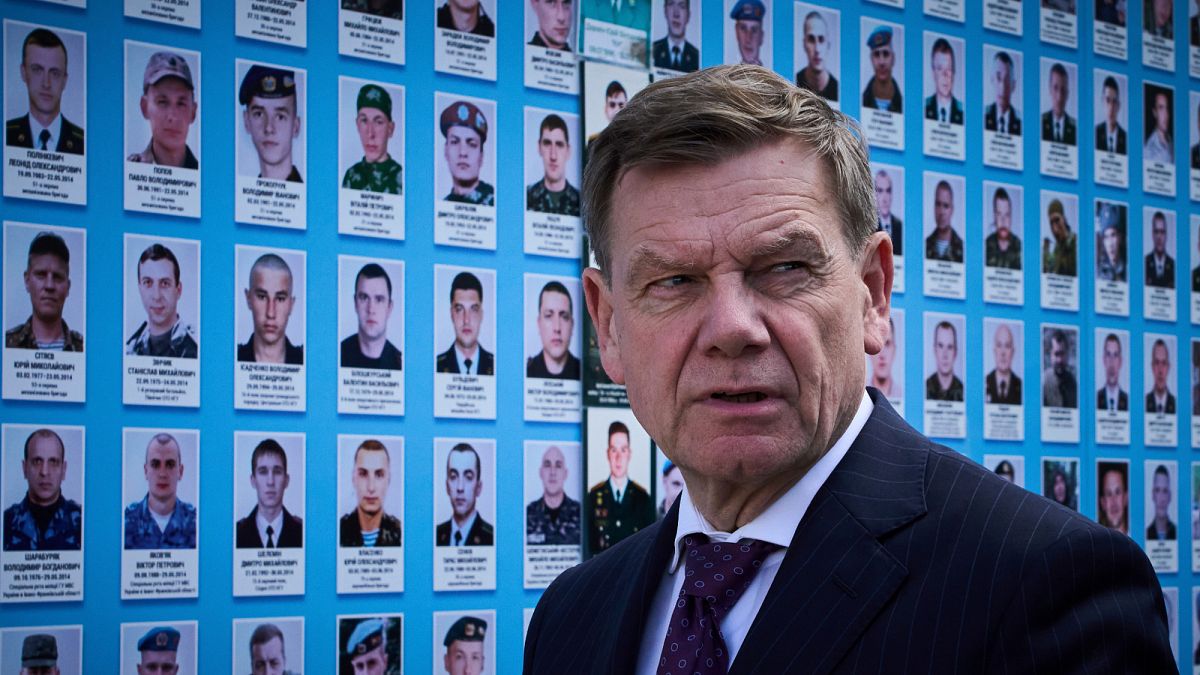

Amid a complex geopolitical landscape, nation-states continue to navigate delicate paths toward maintaining peace and fostering security on both regional and global scales. In recent news, substantial developments from various parts of the world underscore the intricate balance of diplomacy, defense, and humanitarian priorities that define international relations.
Ukraine remains at the forefront of global attention, with discussions on sovereignty and foreign policy fueling pivotal dialogues in European capitals. Commenting on Germany’s geopolitical stance, Foreign Minister Wadephul has underscored Ukraine’s independence as a paramount concern. Germany, standing as the second-largest military benefactor to Ukraine after the United States, remains committed to supporting Ukraine’s sovereignty as a central element of its international policy. This unwavering commitment establishes a foundation for collaborative efforts to safeguard peace and stability in Eastern Europe.
Contrastingly, tensions in different regions reveal the pervasive complexities underlying global security concerns. The United Nations’ nuclear watchdog, the International Atomic Energy Agency (IAEA), has recently highlighted potential advancements in Iran’s nuclear capabilities. Director General Raphael Grossi noted that Iran could achieve significant uranium enrichment capacity within months, raising pertinent discussions on nuclear non-proliferation agreements and the pursuit of lasting regional stability. Amid these revelations, diplomatic channels remain open, emphasizing the importance of dialogue in addressing such critical issues.
In Eastern Europe, the situation in Ukraine continues to command significant international focus due to recent escalations. Reports indicate that Russia has recently launched one of its most extensive aerial offensives against Ukraine, utilizing over 530 air assets overnight. Concurrently, there are claims that a village in Ukraine’s Dnipropetrovsk region has fallen under Russian control. While official confirmations from Ukrainian or Russian defense ministries are pending, these developments could mean a potential psychological and strategic shift for Ukraine. As these events unfold, the Ukrainian defense forces, alongside international allies, continue to strive toward maintaining regional stability.
In the Middle East, the ongoing conflict between Israel and Gaza has intensified, with significant civilian casualties and reports of extensive damage. As Israeli officials prepare to engage in talks with the United States in hopes of brokering a ceasefire, the pressing humanitarian crisis continues to unfold. The influx of evacuees and the urgent need for humanitarian aid highlight the the importance of negotiated peace and the imperative of addressing the root causes of conflict to ensure a secure and sustainable future for all affected communities.
These interwoven narratives of struggle, negotiation, and cooperation reiterate the critical nature of international collaboration in addressing global security challenges. Through mindful engagement and diplomacy, there lies an opportunity to nurture more peaceful and harmonious international relations.
As the world observes these complex developments, it becomes increasingly clear that fostering understanding and cooperation among nations is essential. This intricate web of geopolitical actions and responses underscores the importance of a shared commitment toward peace, showing that even amid tensions, there remains a path toward resolving conflicts and achieving sustainable security.
Source: {link}
